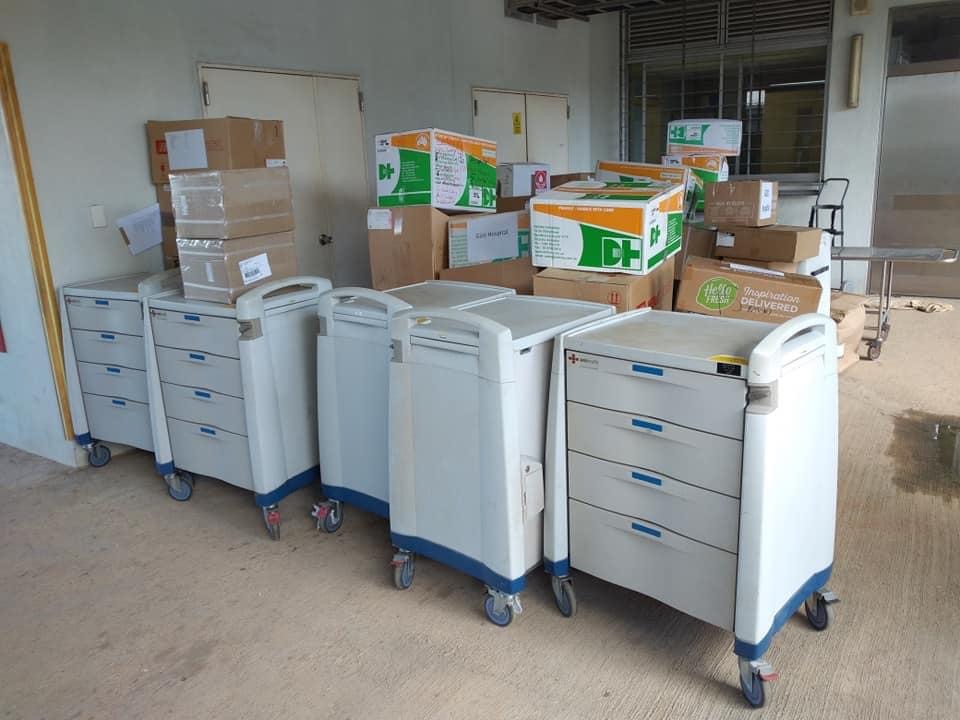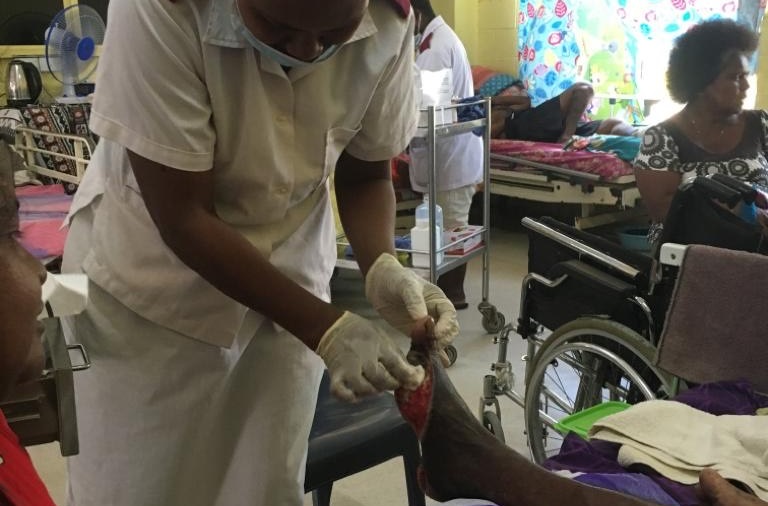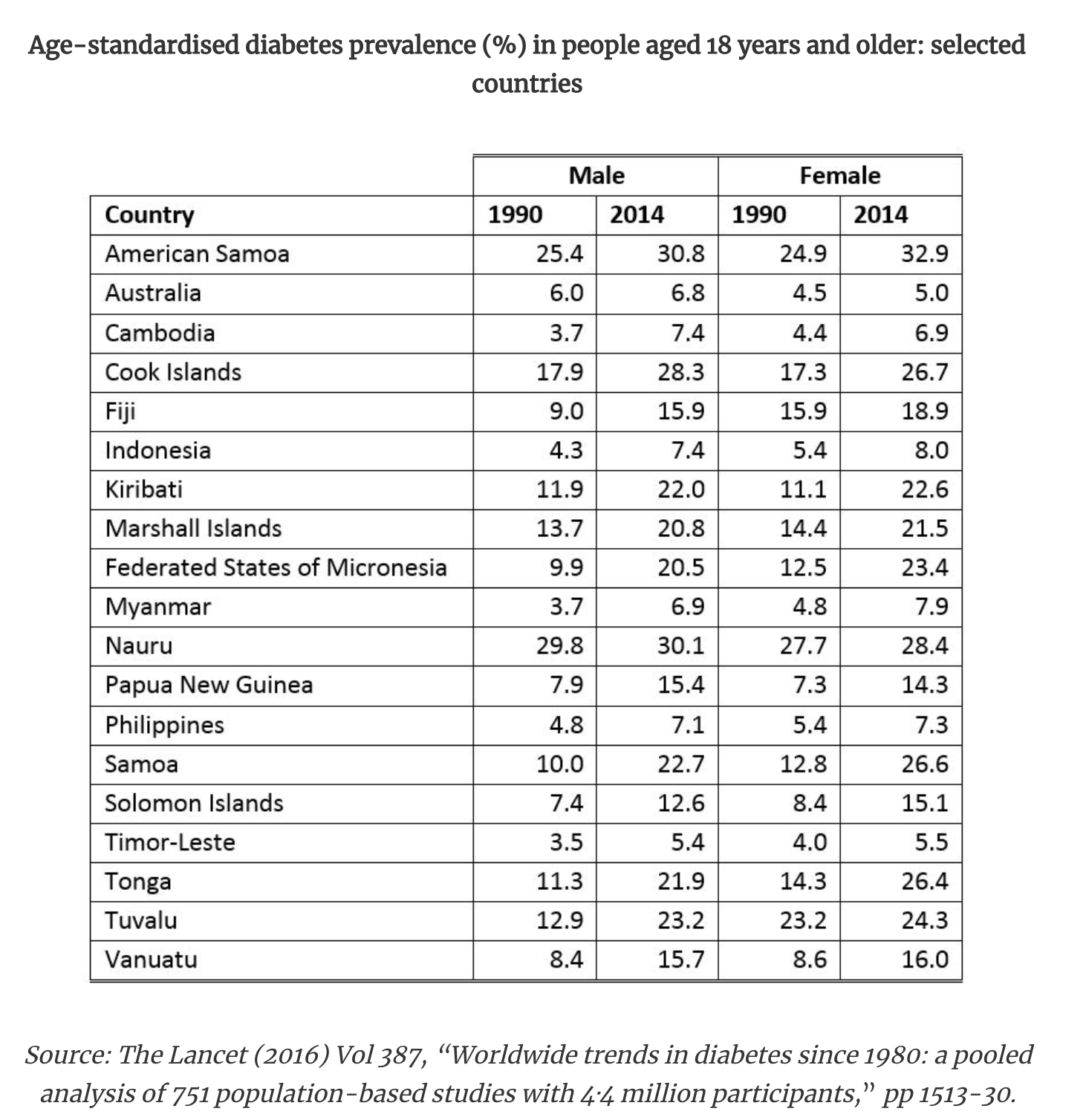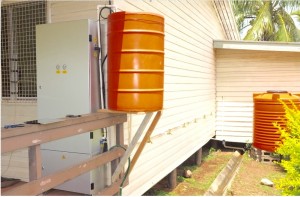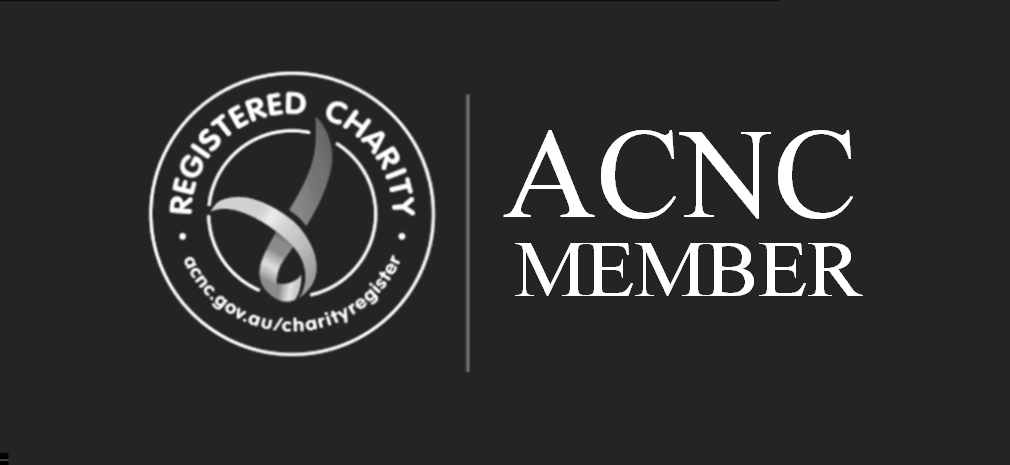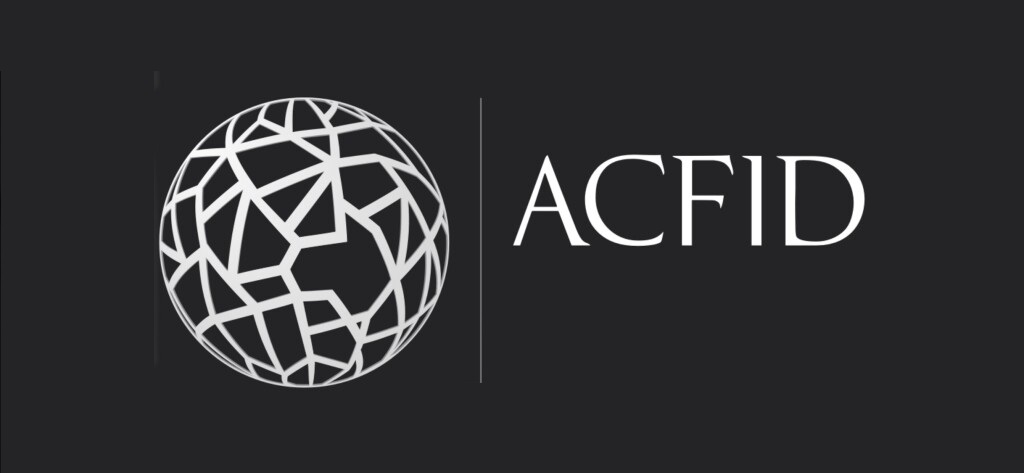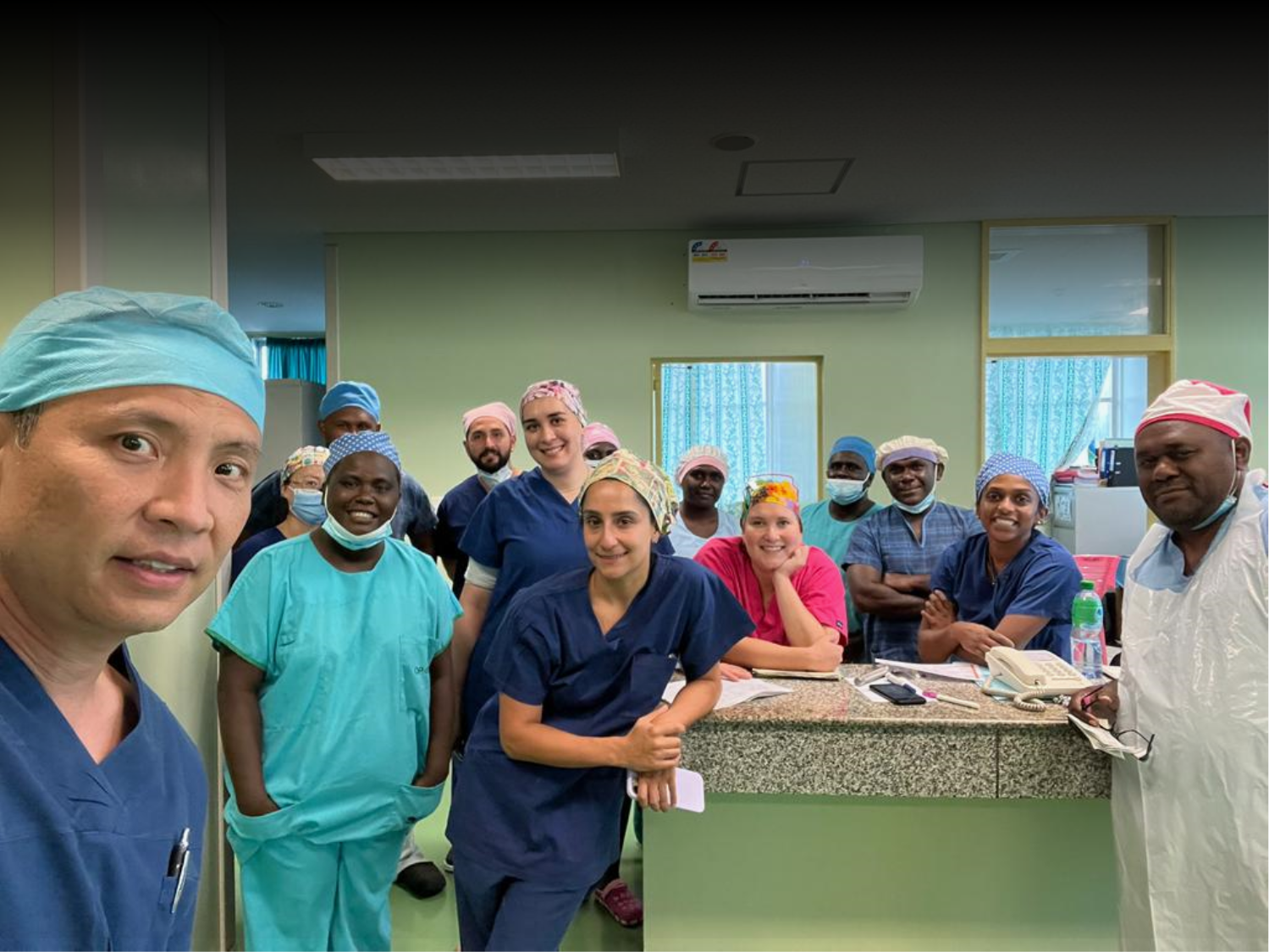
It is with a great sense of relief and excitement that DAISI has finally been able to resume volunteer training missions to the South Pacific after exiting from what has been an almost three year COVID hibernation.
.
As an organisation DAISI felt it necessary to resume trips first in the Solomon Islands where it has the longest track record, and the most established partners.
The first trip was in December last year by the Solomon Island’s Programme Officer and colorectal surgeon Professor Peter Hewett. It was intended as an administrative fact finding mission with the aim to discuss strategy, strengthen alliances, and establish a programme of training visits for 2023.
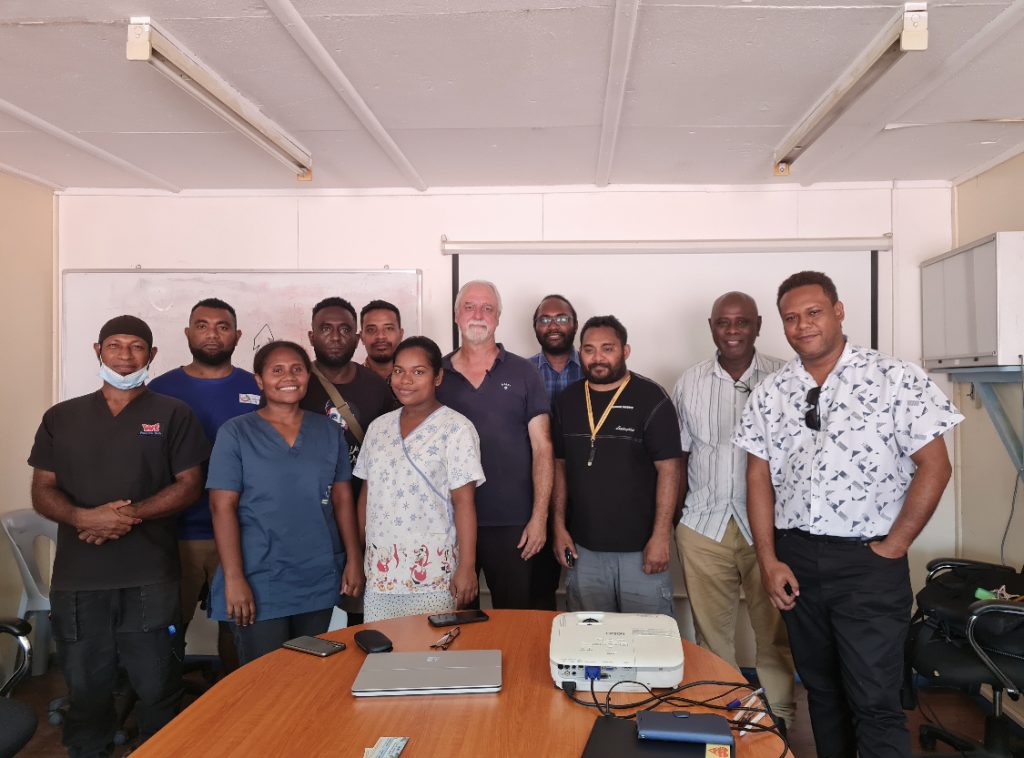
Prof. Peter Hewett during fact finding mission to National Referral Hospital (NRH), Honiara December 2022.
However this trip also rapidly turned into a colorectal surgical clinical visit due to a backlog of cancers.
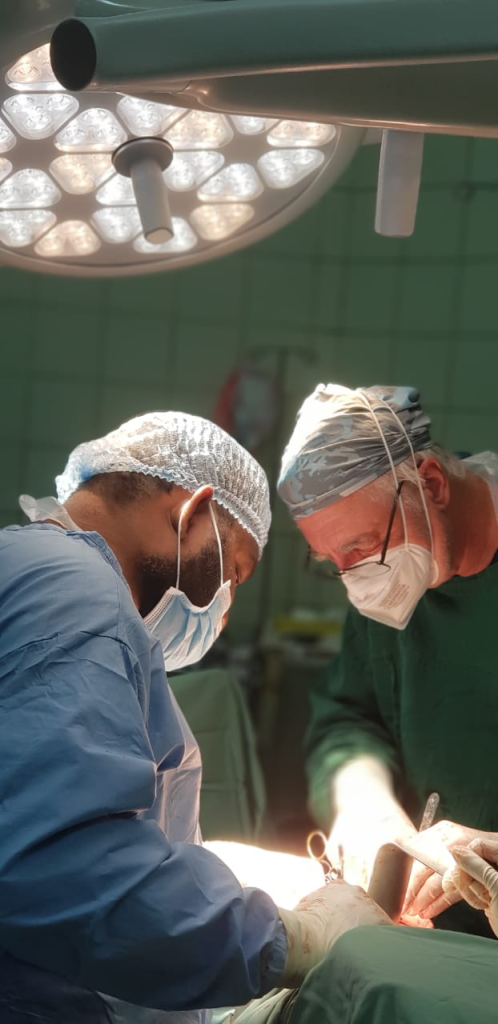
Surgeons Dr Scott Siotta and Prof. Peter Hewett performing colorectal surgery at National Referral Hospital (NRH) December 2022.
.
In addition to these clinical responsibilities Prof. Hewett along with surgeons Dr Scott Siota and Dr Rooney Jagilly concluded a successful meeting with Under Secretary Dr Greg Jagilly and Permanent Secretary Ms Pauline McNeil discussing the role of DAISI visits within the recently published strategic plan.
By the end of this trip, a full curriculum with monthly DAISI volunteer training missions for 2023 was decided and agreed upon. DAISI was keen for the training visits in 2023 to meet all key objectives, and to ensure appropriate monitoring of this. Top of the list was the training of our local partners in all areas of subspecialty surgery with monthly visits by DAISI sub-specialty teams, complementing wherever possible the visits also planned by other visiting NGOs, including our partner and sister organisations Australian & New Zealand Gastroenterology International Training Association (ANZGITA), the John James Foundation, The Solomon Foundation, Strong Island Foundation, and the Royal Australian College of Surgeons (RACS) Pacific Islands Program as well as a growing number of trips planned by the new emerging player in the region, China.
In February colorectal surgeons Professor Matt Rickard and Dr Robert Winn conducted a colorectal training trip to National Referral Hospital (NRH) and Gizo hospital. Structured lectures on bowel obstruction, left hemicolectomy surgical technique and CT interpretation were given on the request of NRH surgeons due to the growing need in these areas. These lectures were well received and attended by all the local surgeons and surgical trainees with Promotion of this event through social media, Whatsapp and email endured high attendance rates.
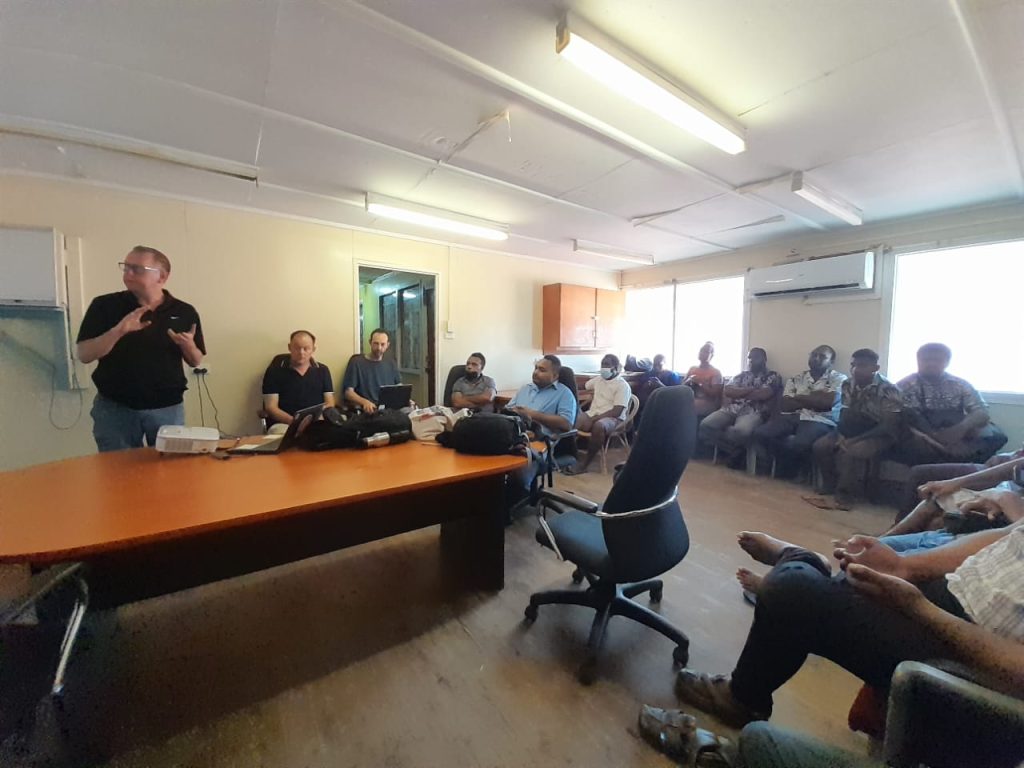
Prof. Matt Rickard gives lecture on bowel obstruction at National Referral Hospital (NRH)..
.
Formal teaching will from now on be much more emphasised on all training trips.
In March this year Gynaecologist Dr Alan Tong and Anaesthetist Dr Leo Lacy conducted the first gynae trip to Gizo provincial hospital since COVID. This ten membered DAISI team included four gynaecologists and, although a little overpowered for the number of cases prepared, was overall a very successful mission. Despite laparoscopic surgery training being an intended major emphasis of this trip, this was hampered due to the need to bypass NRH where the majority of trainees are located as theatre renovations were underway. However the one gynae trainee in attendance was exposed to both simulator and real live laparopscopic training.
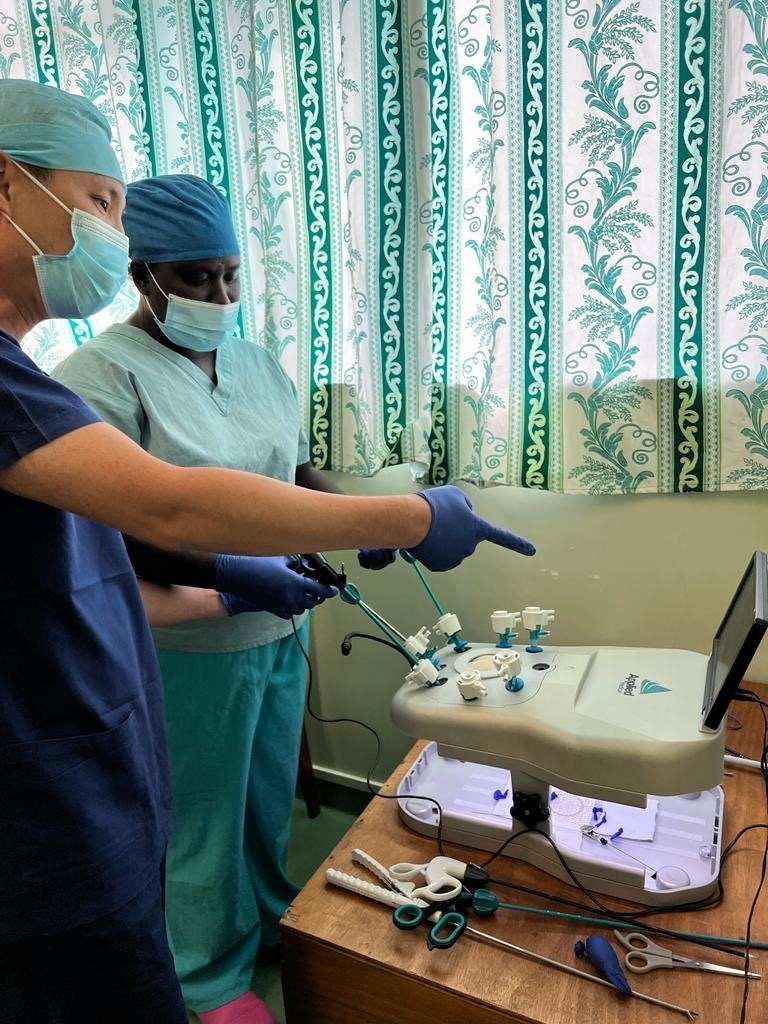
Dr Alan Tong teaches gynae trainee Dr Angeline Nagu basic principles of laparoscopic surgery at Gizo hospital in March 2023.
.
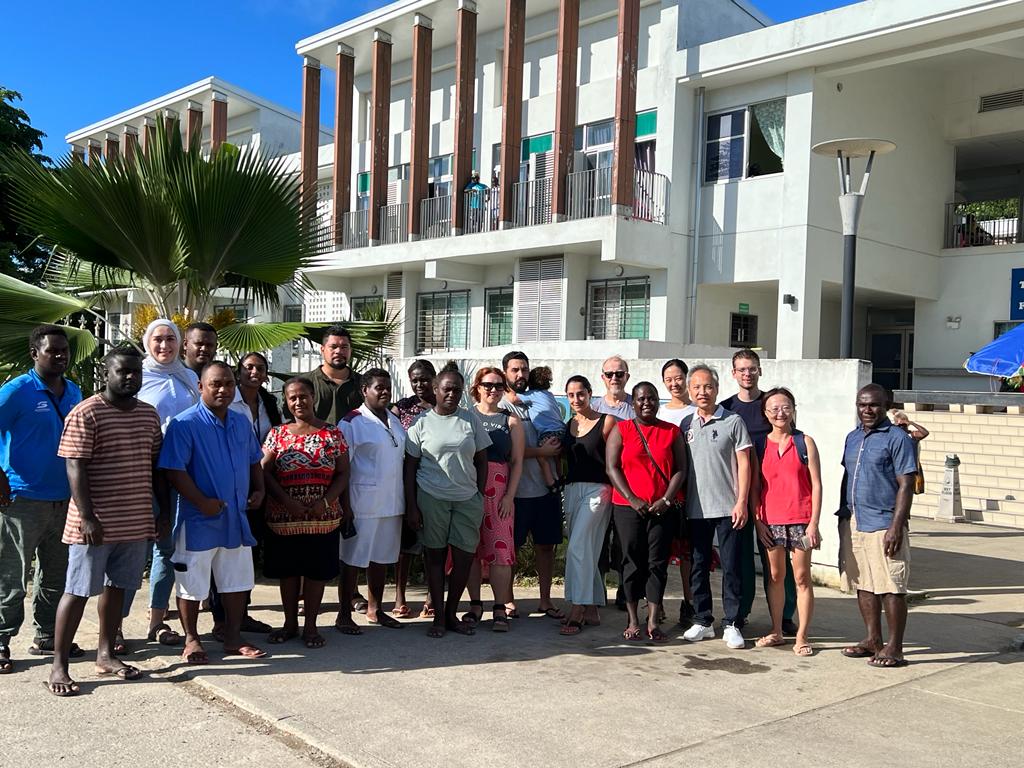
The ten memberer gynae team with local staff at Gizo Hospital March 2023. Left to right: RN Chris, RN clayrick, Dr Pinar Cingiloglu, Dr Sui, RN Thadeus, Dr Dhivya Thangavel, RN Rilence, Dr Alfram, RN Finlyn, RN Larisa, RN Patricia Boso, RN Ulla Maekinen, Dr Jose Perreira, Dr Nargis Noori, Dr Leo Lacy, Dr Angeline Naqu, Dr Mandy Wang, Dr Alan Tong, Dr Martin Plymouth, Dr Luting Liu, & RN Clayton Deylano.
.
It was felt during debrief that in order for DAISI to meet its teaching objectives, future gynae visits should include National Referral Hospital (NRH) in the capital Honiara, where most of the specialists and trainees are located.
Later this month urologist, and previous Chair of DAISI Dr Tim Nicholson will conduct a urology visit to Gizo Hospital with local surgeon and urology trainee Dr Augustine Melly. This trip will also include an anaesthetist Dr Ian Carter and DAISI funded urology CNC Yolanda Zhao.
This urology trip poses unique challenges both in terms of the equipment and the large volume of irrigation fluid required for cystoscopy and transurethral prodtate surgery. Training of a local surgeon in urology is essential after loss of the inly urologist from the public sector in the Solomon Islands ten years ago.
This will be followed a vascular & Diabetic foot trip in May, the second of its kind led by vascular surgeon Prof. This is in response to the huge burden placed by diabetic foot disease placed on the limited number of hospital inpatient surgical beds at National Referral Hospital (NRH). This trip will focus mainly on the teaching of outpateint management of diabetic foot ulcers.
A Head and Neck trip by Dr Eva Wong & Dr Linda Fenton is also planned for June, a second gynae trip in July and a hepatobiliary trip by upper GI surgeon Prof Sandroussi in September 2023.
DAISI, being non government funded, requires its members to volunteer their services and pay their own way. The challenge, as always on these trips, is to provide the highest possible standard of care and training, whilst dealing with limited resources. This requires our volunteers to be skilled, resourceful, and wise in their decision making. DAISI is incredibly grateful and blessed to have so many volunteers with all these attributes.
With this year’s program fully booked, DAISI is now recruiting suitably qualified specialist volunteers for 2024.
Author Dr Gary McKay is a general & colorectal surgeon from Sydney. He is the founder of DAISI and the current elected Secretary.

